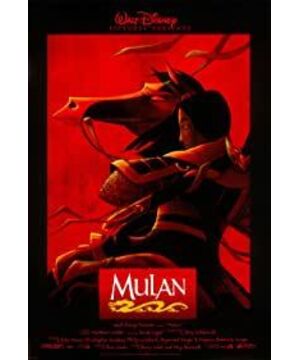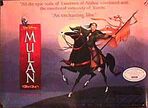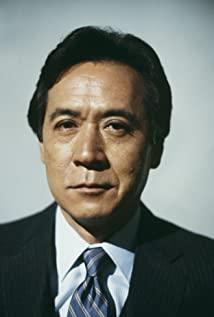As a widely circulated folk tale in later generations, the image of Mulan is unique in many ancient Chinese folk tales. First of all, the story shows the clear contradiction between the values of family and country, which makes the proposition background of this story extraordinarily grand; in fact, this story features a woman as the protagonist, which undoubtedly stands out in the male-based ancient Chinese society. I think the reason why this folk tale was picked up by Disney and adapted into a movie is not unrelated to the above two characteristics. However, this adaptation still quite clearly shows the huge contradiction between Eastern and Western cultural values.
The movie's positioning of the role of Mulan is a naughty woman who carelessly observes the traditional women's "three obedience and four virtues" etiquette. Such a design is feminist. The progression of the story is quite in line with the routine of Disney's animated films - when Mulan first entered the army, her physical fitness was poor and her relationships were messed up, but as time passed, she gradually integrated into the group, and her individual intelligence was fully displayed. Such a storyline design is too "impressive". Of course, it doesn't mean that such a story design is not advisable at all (on the contrary, being used repeatedly shows that the idea has the ingenuity that can be polished many times), but, Such plots and character designs are all based on individualism , which is a clear conflict with the values behind the character Mulan.
Secondly, there are many descriptions of traditional values in Chinese society in the film. Even though Disney has treated these descriptions as comedic, it is not difficult to see the conflict between the cultural concepts of Western thinking and Eastern values. The first is family awareness. When Mulan went on a blind date, the family repeatedly emphasized the need to "honor the ancestors", and when they learned that Mulan joined the army and caused trouble, her ancestors even shied the responsibility, saying that Mulan did not come from his own bloodline, but After learning that Mulan had made great contributions, she scrambled to claim the credit. In fact, it is the flattery of the ministers in the official circles to the emperor. Disney treats these episodes as comedy, which may be seen as contempt for traditional Chinese culture by many people, but I think, thanks to this treatment, it has concealed the behind the move of Mulan's joining the army. Root out the deep-seated contradictions behind Chinese traditional concepts.
The State Administration of Radio, Film and Television regards this film as an important embodiment of Chinese culture "going out" after the reform and opening up, but I think, perhaps due to some unspeakable reasons, this film does not reveal the hidden meaning behind the story in too much depth. , implications for society. The progress of the plot during this period is not a common method of Disney animated films, but it is difficult to reflect the excessive characteristics of this theme.
Of course, the film's excavation of Mulan's character really surprised me - Hua Mulan in the film said, "The reason why I chose to join the army is not just for my father, but to prove myself that I really have something I can do. things done." If Mulan really exists, I wonder if she would have such thoughts when she joined the army? I think this adaptation may have ignored the cultural background of ancient Chinese society to some extent, but the meticulous and delicate plot design is a fact. I'm thinking, if the film's adaptors read stories such as the burning of Qiu Shaoyun, they might ask a question like "" Isn't this a violation of physiological common sense? If so, constantly approaching people's hearts and restoring rational ideas are the most moving aspects of this film. It is a pity that the story of Hua Mulan has gradually been solidified in the dissemination of the times, and it has become a microcosm of the social concept of individual obedience to the family, and a model play that praises the value of "loyalty and filial piety". The theme song of the film has the phrase "When will my reflection show, who I am inside." It's just the reflection of this "I", maybe it will never be me.
View more about Mulan reviews











